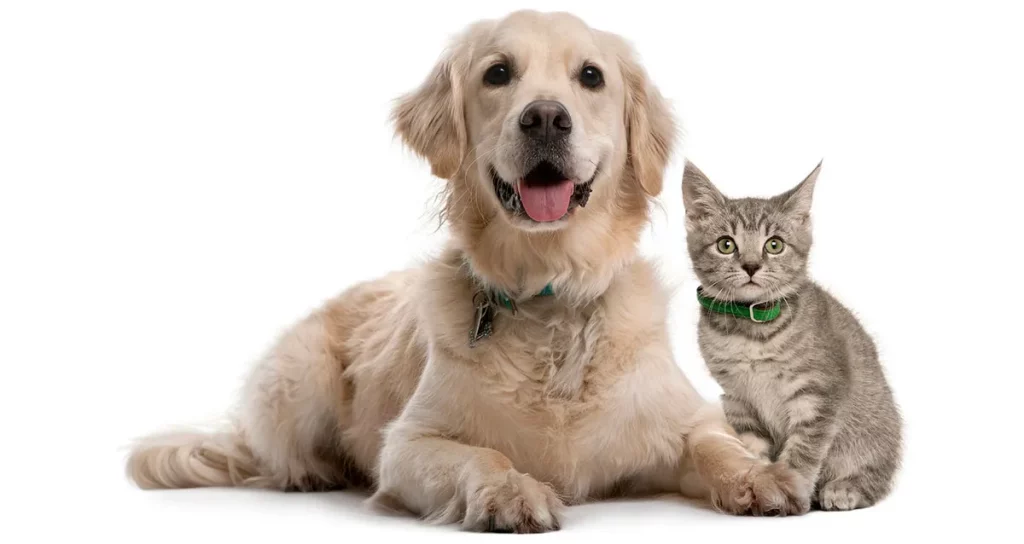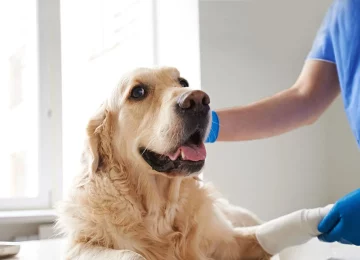While it’s true that many cats are attracted to the fish smell and may show interest in consuming it, it’s essential to be aware that fish may not be the best dietary option. Feeding fish, especially in large quantities or as a consistent long-term diet, can adversely affect your cat’s health.
Suppose you are already feeding your furball fish; probably, it is time to reconsider it. The numerous negative health implications of eating fish on your pet include nutritional deficiencies, being affected by mercury and contaminants, thiamine deficiency, hypersensitivity, allergies, and much more.
Offer your kitty pie fish in moderation and consider being equipped with cheap pet insurance at least so you are more financially prepared to handle particular illnesses and health emergencies. Pet health insurance covers a frisky cat for basic health benefits with minor economic stress during testing times of health, which is why you must contemplate purchasing a policy.
Meanwhile, read this article to learn some critical factors to consider before offering your furry precious fish in its meal.
1.Fish may not be the staple cat food
Cats have a natural affinity for fish and can develop a strong preference for it. However, it’s interesting that cats did not evolve to rely on fish as a primary food source. Their ancestors, which inhabited deserts, had little access to water or fish for hunting. Instead, their diet mainly consisted of small rodents and other land-based prey.
2.Eating fish can trigger many allergies
Feeding a kitty the same protein source consistently over a long period can increase the risk of developing allergies to that specific protein. Fish, in particular, is known to be highly allergenic in cat food. Allergies can lead to inflammation and present in various ways, making it challenging to identify the root cause as the symptoms may resemble other diseases.
Respiratory issues like asthma and skin conditions are among the potential manifestations of fish allergies in cats. To minimize the likelihood of allergies and associated health problems, it is advisable to practice protein rotation and reduce or eliminate fish from your furball’s diet. Offer a variety of protein sources to help prevent sensitization and support a balanced and diverse nutritional intake.
3.Eating only fish can lead to dietary deficiencies
Fish can pose additional risks to kitties beyond potential allergies. It can result in deficiencies in essential nutrients such as Thiamine (vitamin B1), and vitamin E. Thiamine deficiency can lead to severe health issues, including loss of appetite, seizures, and mortality if left untreated. Similarly, a lack of vitamin E can cause a condition known as steatitis or yellow fat disease, which can prove fatal if not properly addressed.
4.Fish is often contaminated by various substances
Fish can be exposed to various toxic substances due to pollution in water bodies. Some contaminants include heavy metals like mercury, pesticides, and chemicals like dioxins and PCBs are often more concentrated in larger fish species.
5.Poor fish quality and food safety
In addition to these environmental pollutants, there are other considerations related to the quality and safety of fish-based pet foods. Ethoxyquin, a preservative with potential carcinogenic properties, and mycotoxins are often present in commercially made fish meals, so it is best to avoid offering them to your four paws.
Excessive fish consumption can lead to an elevated intake of iodine, potentially increasing the risk of developing hyperthyroidism in kitties. Also, fish is high in magnesium, and excessive magnesium levels in a cat’s diet can contribute to the formation of struvite crystals that eventually lead to urinary tract issues, such as urinary stones or blockages.
Feed your furry baby fish after consulting your vet about recommended portions. At the same time, consider being equipped with cheap pet insurance in the least so that your pet has basic health coverage during sickness and urgent health situations. Contemplate purchasing pet health insurance so that getting medical assistance need not be a significant financial challenge in such cases and many others.










